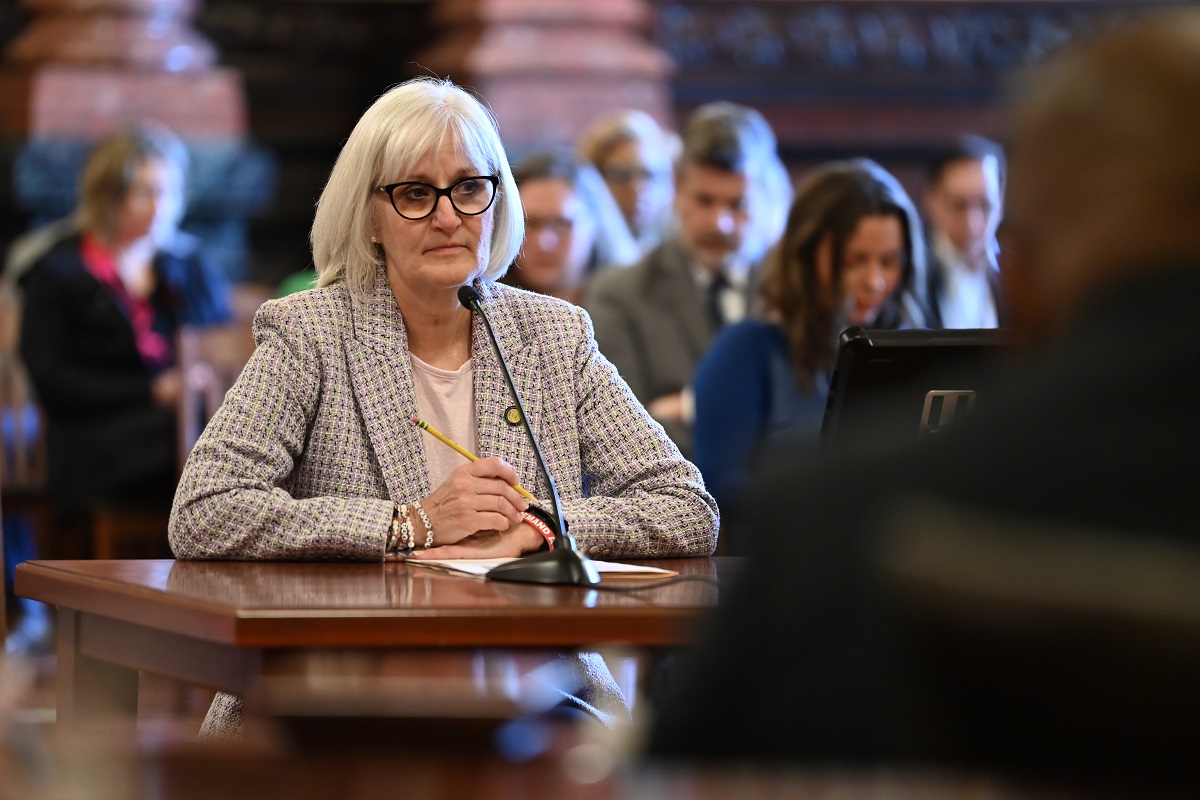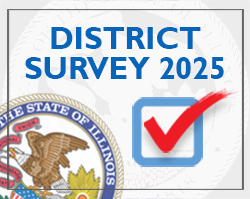
GRAYSLAKE – The Supplemental Nutrition Assistance Program (SNAP) serves as the nation’s largest anti-hunger initiative, reaching more than 40 million Americans every month. Yet ongoing threats to its funding put millions including families, seniors, veterans and children at risk of food insecurity and poor health outcomes.
State Senator Mary Edly-Allen is urging the federal administration to resolve the ongoing government shutdown to prevent the halting of SNAP benefits, on Nov. 1. Nearly two million Illinois residents depend on SNAP to provide basic nutrition for themselves and their families.
“Without SNAP, parents have to choose between buying necessities for their children. The elderly may skip meals, causing their health to worsen - not due to age, but malnutrition. Children go to school hungry, struggling to focus in class because their stomachs ache. Parents skip meals so that their kids can eat,” said Edly-Allen (D-Grayslake). “I want to stress that a long-term solution requires immediate federal intervention and the absence of SNAP benefits does not just mean empty cupboards – it means more hospital visits, worse outcomes in school and a cycle of poverty that becomes harder to break.”
SNAP provides critical support for children, seniors, veterans and individuals with disabilities, offering the nutrition they need to live healthy, productive lives. The federal government shutdown threatens to halt these benefits immediately, putting millions at risk of food insecurity – including the 25,007 individuals from the most vulnerable communities in the district Edly-Allen represents who rely on SNAP benefits.
According to the U.S. Department of Agriculture, SNAP lifted 2.9 million people out of poverty in 2021 alone, including 1.5 million children. Research also shows that every $1 in SNAP benefits generates about $1.50 in economic activity, strengthening local businesses and communities. Without SNAP, the burden falls to already overstretched food banks and social services, which cannot meet the demand.
The consequences of underfunding are stark, and highlights the need to address this dire emergency:
- One in eight Americans rely on SNAP, including nearly 12 million children.
- Families receiving SNAP spend, on average, about $2.03 per meal, far below the rising cost of groceries.
- Food insecurity is linked to higher rates of chronic illness, driving up healthcare costs and worsening outcomes for low-income households.
- In rural areas, SNAP participation rates are higher than in urban centers, meaning cuts disproportionately affect small towns and farming communities.
"Cutting off food assistance is not just a budget decision — it is a moral failure. Nutrition is not a luxury; it is the foundation of health, dignity and opportunity," said Edly-Allen. "The most vulnerable populations depend on donations and volunteers. I encourage all that are able to help our neighbors if you can. No one in our community should go hungry because of federal inaction."
Edly-Allen is coordinating with state officials and community organizations to prepare for potential disruptions and to ensure vulnerable populations have access to emergency food assistance. Residents that are able to contribute or volunteer in District 31 are encouraged to contact local food pantries listed on SenatorEdlyAllen.com.





